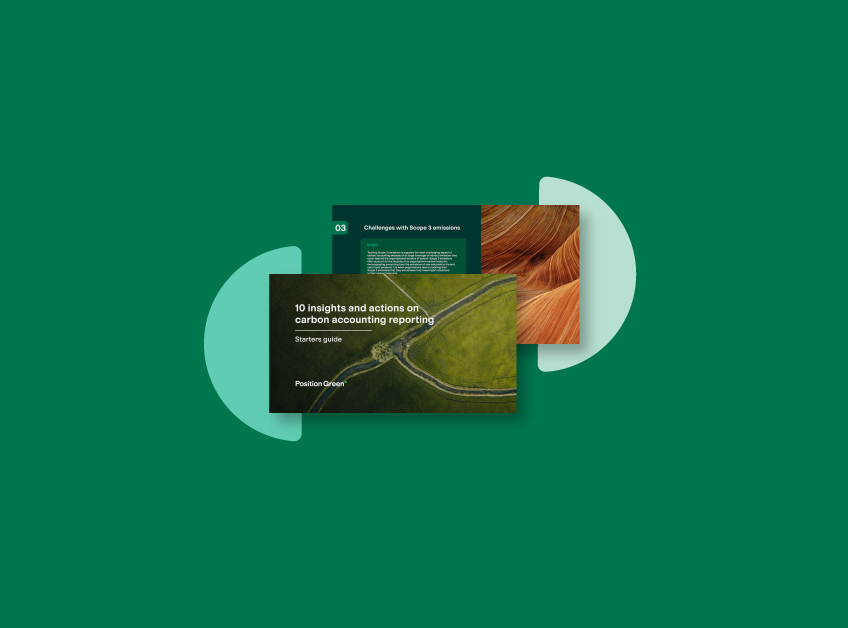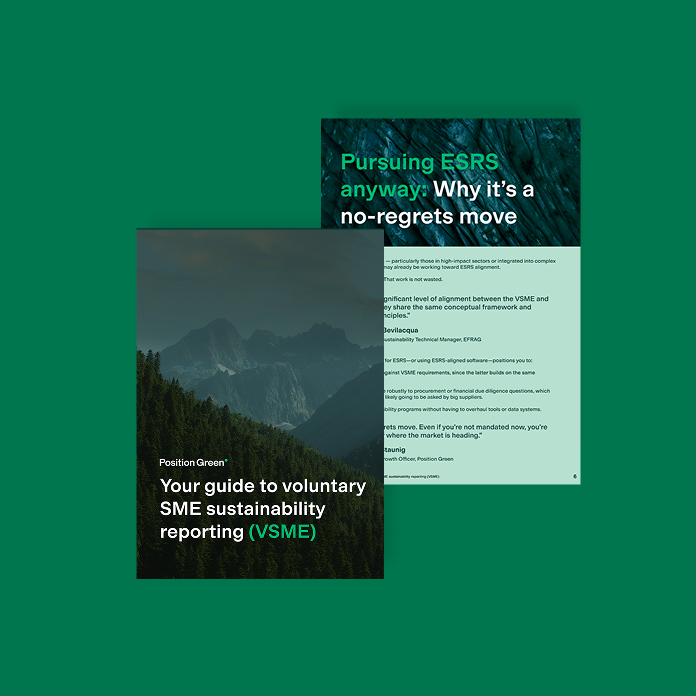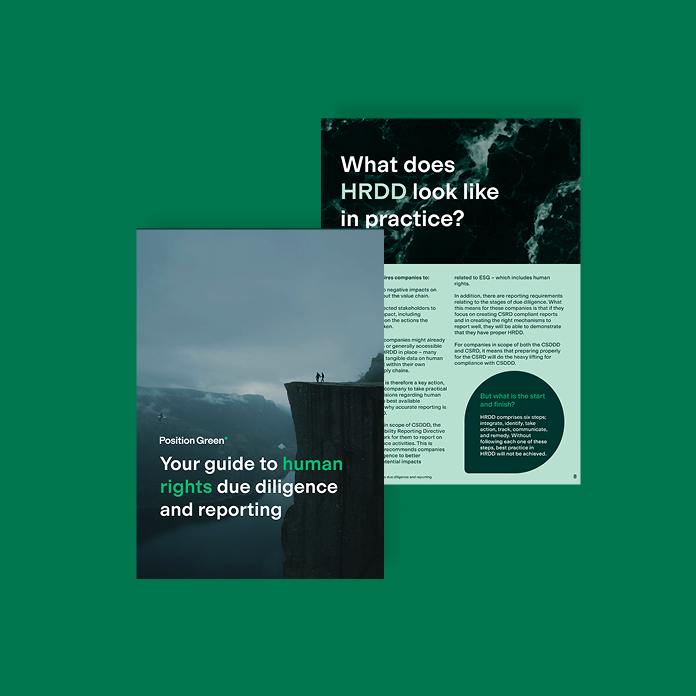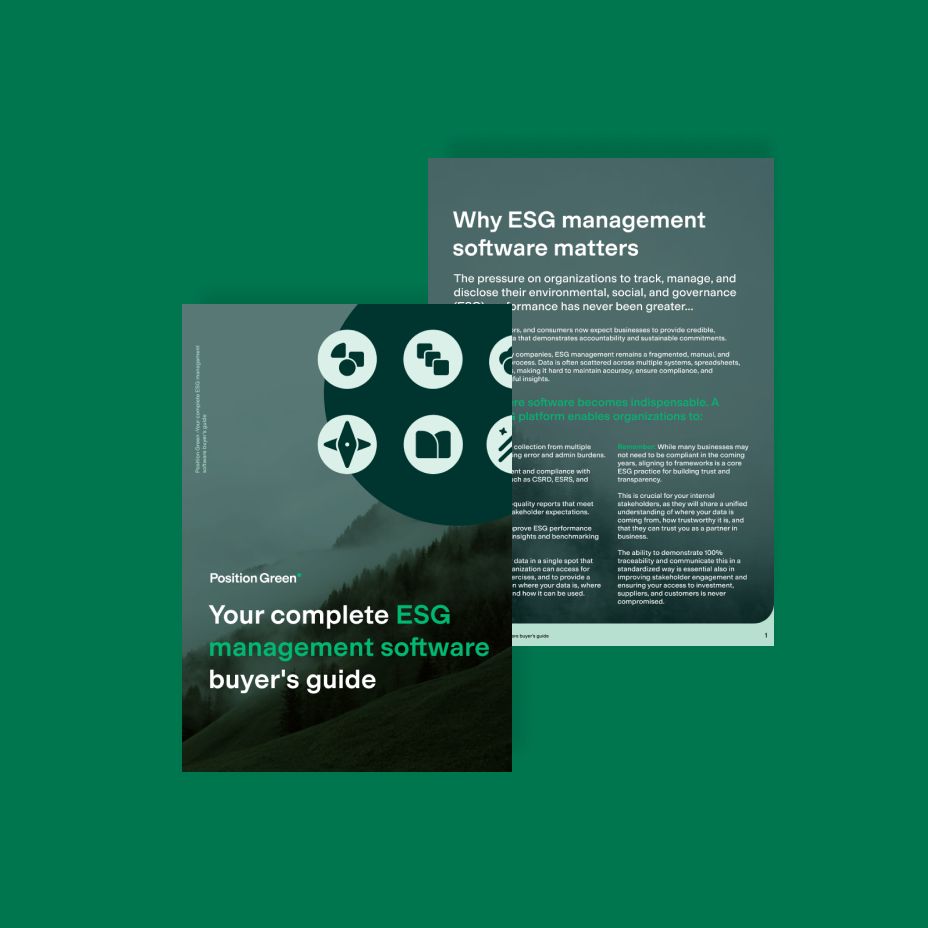Starters guide: 10 Insights and actions on carbon accounting reporting
Businesses across Europe and beyond are increasingly recognizing the importance of carbon accounting as a very important pillar in their sustainability efforts. This guide includes ten insights and actions to equip sustainability professionals with tangible next steps.

This guide provides a roadmap from basic understanding to first strategic application, ensuring you can get started with measuring, managing, and reporting greenhouse gas (GHG) emissions. It’s divided into ten chapters:
- Understanding Carbon Accounting
- The Importance of Emission Scopes
- Scope 3 Emissions: The Biggest Challenge
- The Role of Reporting Standards
- Reporting Avoided Emissions
- Who Needs Carbon Accounting?
- The Evolving Regulatory Landscape
- Standards, Initiatives, and Organisations
- The Role of Technology
- Moving Forward: The Future of Carbon Accounting
Key Learnings:
- Basics and Integration: Understand the basics of carbon accounting and how to incorporate these practices into your business operations.
- Tackling Scope 3: Gain insights into managing all three scopes of emissions, with a special focus on the complexities of Scope 3.
- Tools and Standards: Use the right software tools to simplify your reporting process and stay up-to-date with international reporting standards.


